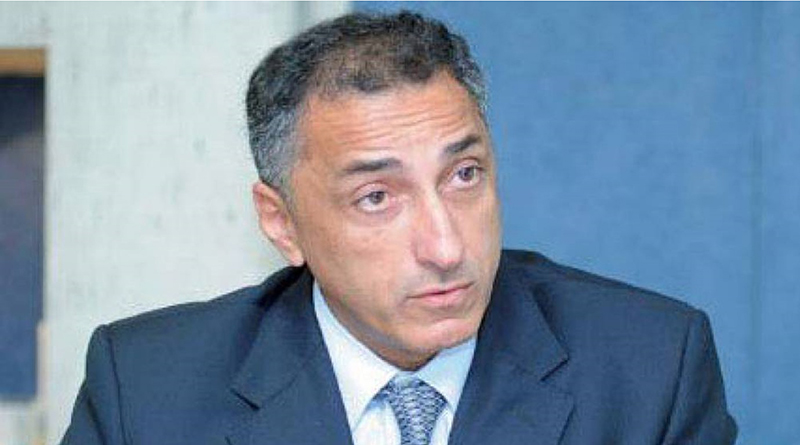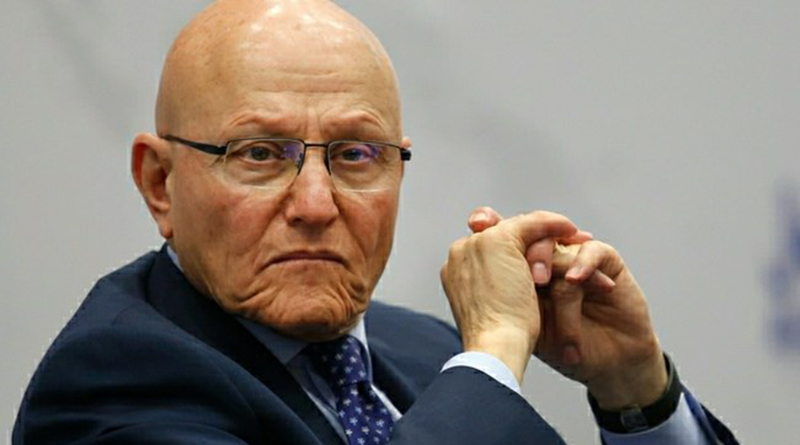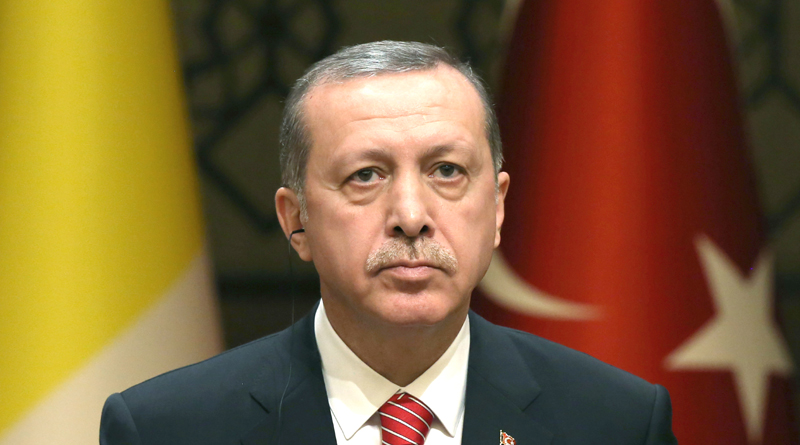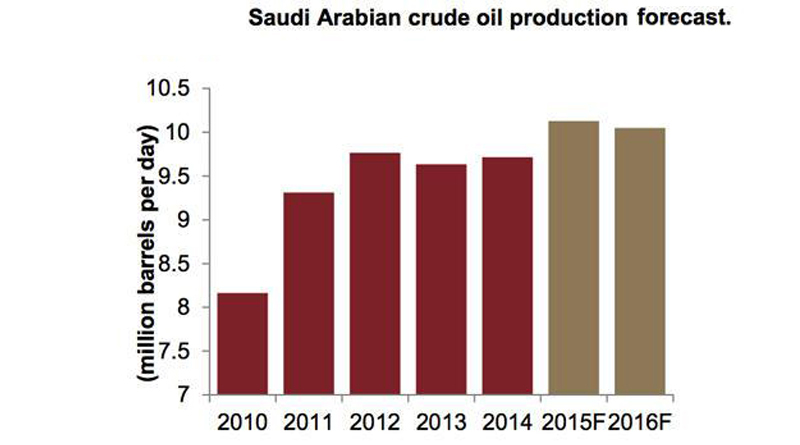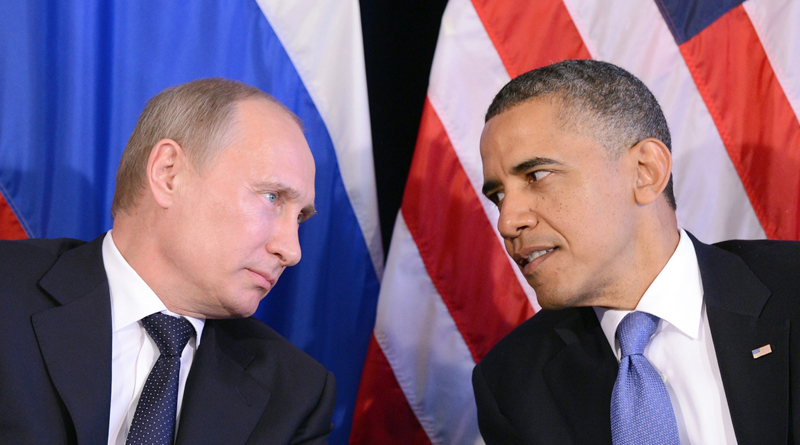
by Ahmed Fouda
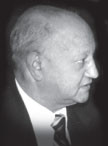
The current Syrian position is clear to all, and it is obvious that there are two main forces with full hegemony over its affairs. Russia is on one side, and the USA is on the other, which is visible to the public opinion, especially now after signs of the collapse of the Syrian state are manifested according to the Russian Minister of Foreign Affairs’ announcement in Moscow. The conflict between the two superpowers in the region revolves around Pentagon and Kremlin strategies that aim to divide Syria into regions.
As for Russian forces, currently they are dispersed along the Syrian coast at strategic sites, while Russia’s fleet lingers close to Latakia Harbour. This at a time when Russian arms and artillery are being shipped to Syria. Now the Russian presence in the area poses a threat to the US, Islamic State, and Al-Qaeda’s plans, especially after Russia announced its conducting of military maneuvers along the Syrian coast to verify its presence inside Syria.
On the other hand, Egypt’s President Abdel-Fattah El-Sisi believes in a political solution for the Syrian crisis, and that this will not be in support of either party, but to maintain Syria’s state institutions. The currently popular German Chancellor Angela Merkel believes that Europe needs to conduct direct talks with Russia to find a peaceful solution out of the current deadlock. Germany’s minister of foreign affairs declared that France, Russia and Ukraine have accepted to form a steering communicating group to undertake this role.
That being said, Russian supply lines are consolidating their position in Syria at a time when Washington warns of a military confrontation with the international alliance against Islamic State, Iran, as well as others. Predictions of the consequences are far from optimistic.
The Russian–American dispute soon to be witnessed in the region has its own background, and bargaining pertaining to the consequential events is currently being undertaken, the subject of which is the quota each side will accrue following the collapse of the Syrian state.
What we do fear at this point is that matters will transcend their current position and reach a point of armed conflict, and then all the greedy players inside and outside Syria will join in to secure a piece of the cake.
As for Middle Eastern observers, I wish to say that unfortunately the only way we can have a grip on the current crisis in Syria is through direct talks between the US, Russia, and the EU. However, if it happens that Syria is divided into regions, God forbid — with each affiliated to a different party — then this will be followed by the collapse and division of Iraq…and who knows who will be next on the list.




